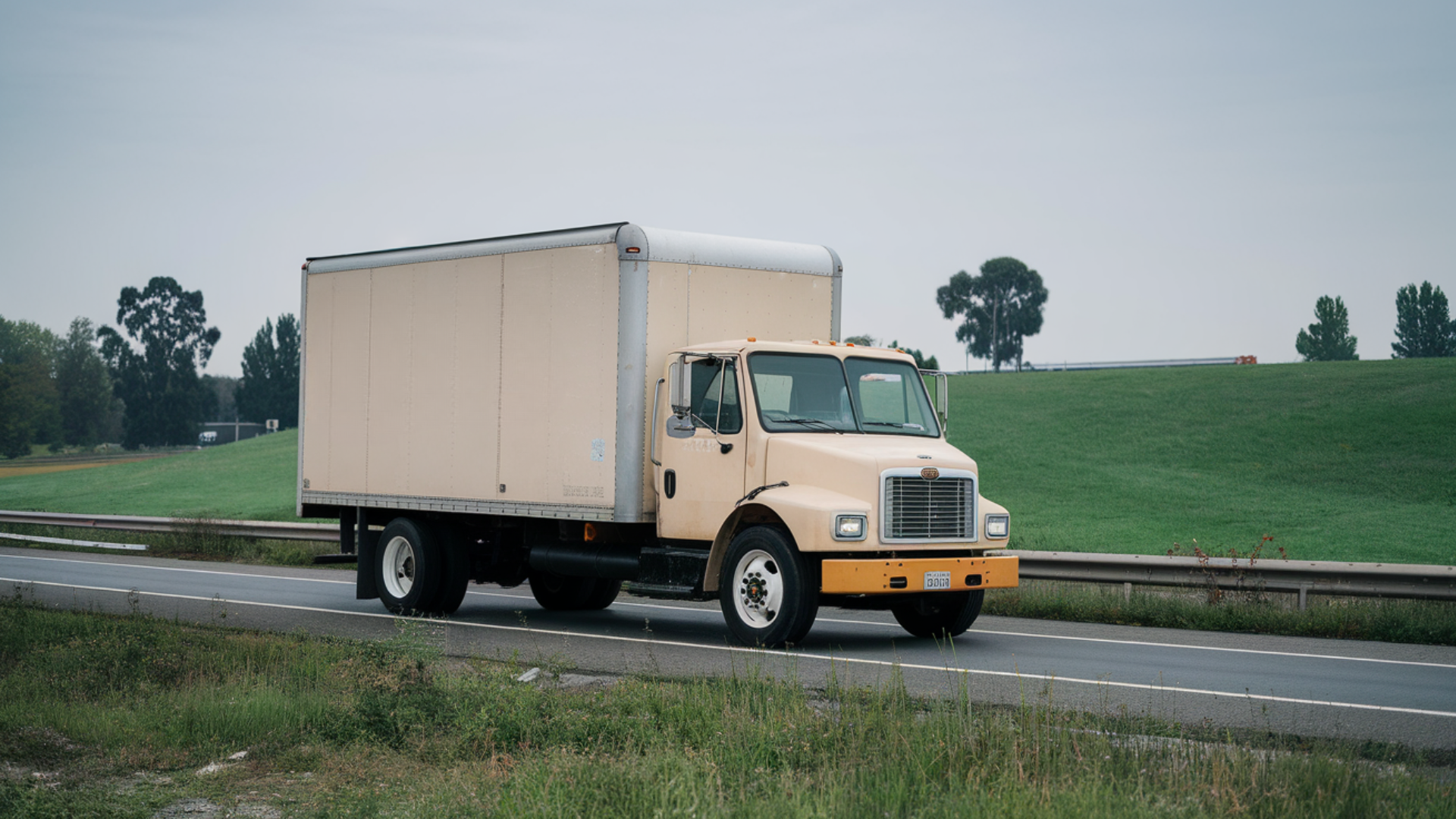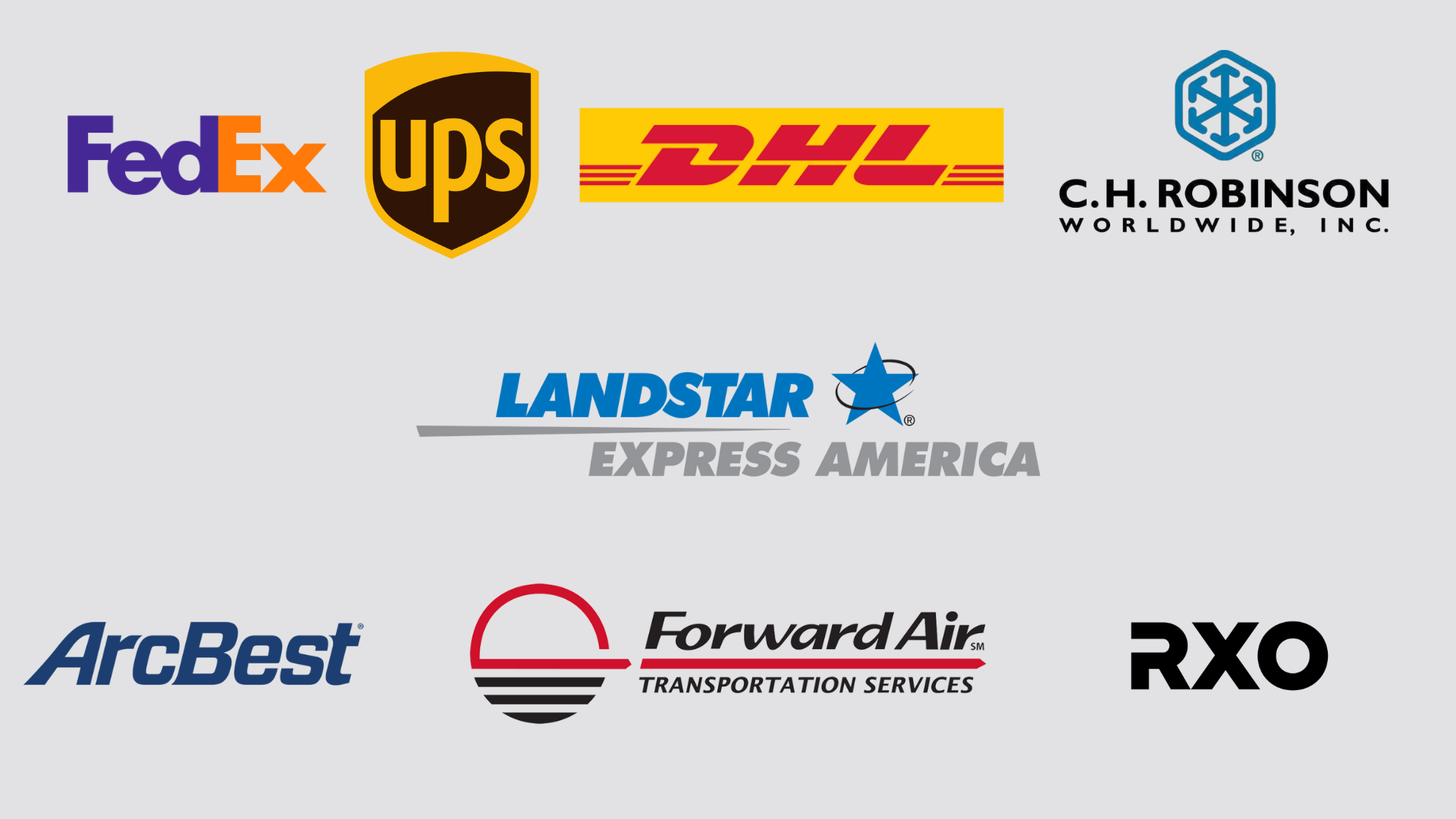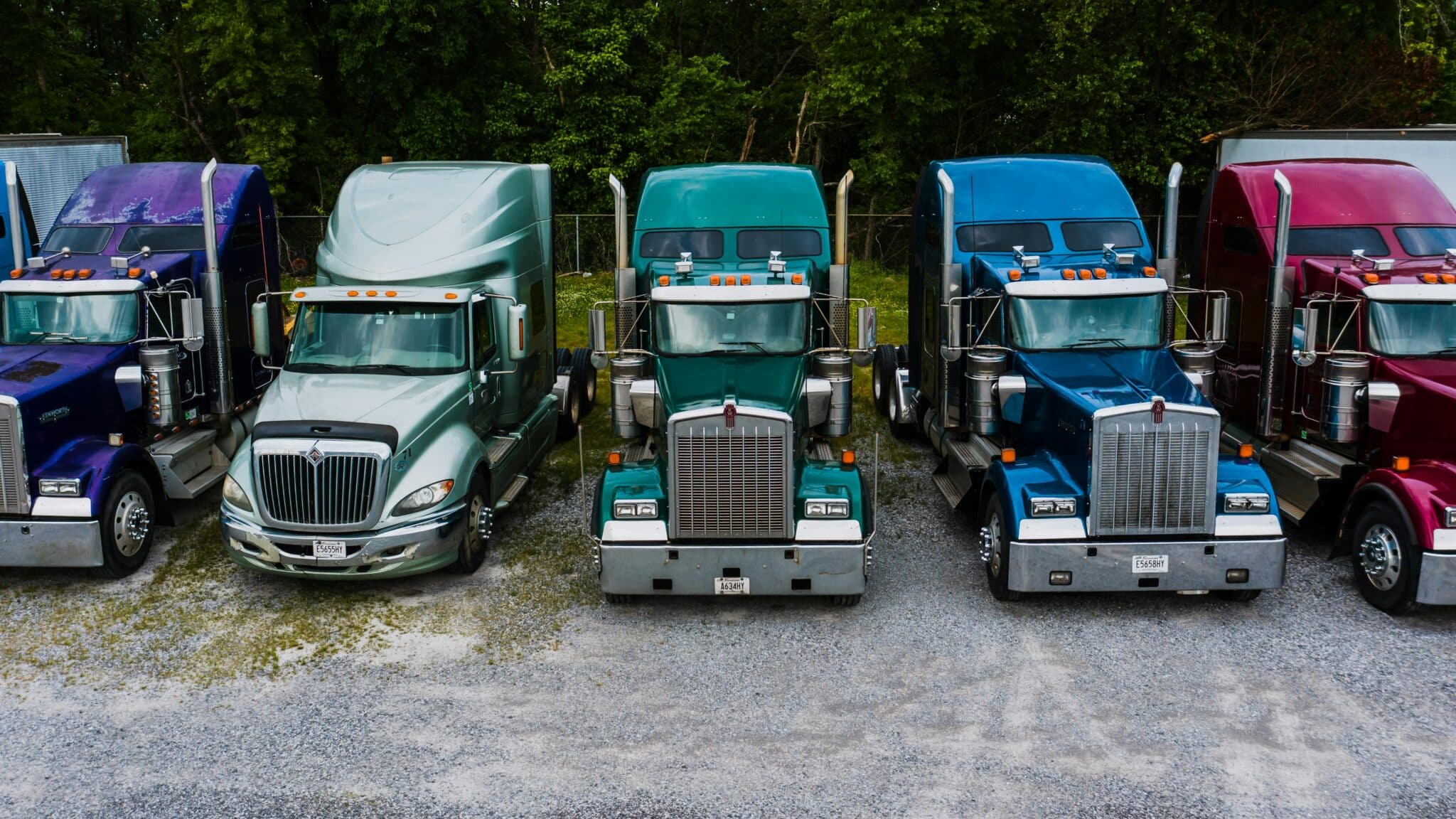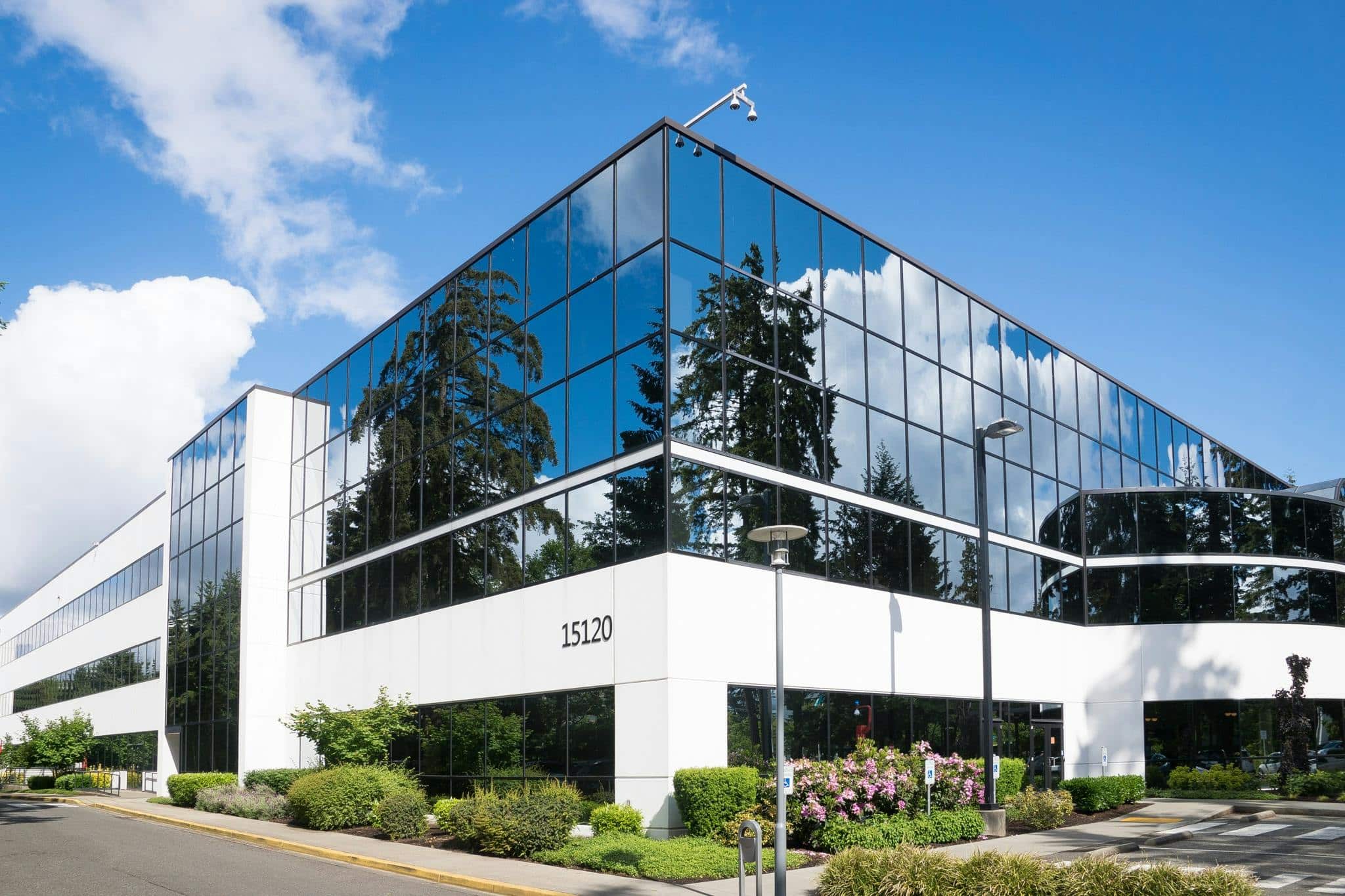I know how frustrating it feels when a shipment delay throws off your plans. Maybe you’ve had customers waiting or production slowed down because parts didn’t arrive on time.
That’s where expedited freight comes in; it’s built for those moments when you can’t afford to wait.
I’ve found that what makes it valuable isn’t just the speed, but the way your shipment gets treated as a top priority from start to finish.
You’ll see it used when timing matters more than anything else, but the bigger question is whether it’s the right choice for your needs.
Let’s start with what expedited freight actually is and how it differs from standard shipping.
What is Expedited Freight?
Expedited freight means moving shipments faster than standard delivery. It’s designed for time-sensitive loads that can’t wait for normal shipping schedules.
The main difference from standard freight is speed. Standard freight usually follows preset routes and timelines. Expedited freight skips the wait and uses direct routes or priority transport.
Here’s how they compare:
- Speed: Expedited is same-day or overnight, standard can take days or weeks.
- Routes: Expedited often goes direct, standard makes multiple stops.
- Priority: Expedited shipments move first, standard shipments fit into normal schedules.
If you’ve ever needed something delivered right away, expedited freight is the service that gets it there fast.
How Expedited Freight Works

Expedited freight works by giving your shipment top priority. Instead of waiting in line with other deliveries, it gets moved through faster routes with fewer stops.
The goal is simple: get your goods to their destination in the shortest time possible.
Types of Services
Expedited freight can be arranged in a few different ways depending on how far your shipment needs to go and how fast it must arrive. Here are the main service types and what they offer:
| Service Type | How It Works | Best For | Speed Range |
|---|---|---|---|
| Ground | Dedicated vans or trucks head straight to the destination | Regional or same-day deliveries | Same-day to overnight |
| Air | Shipments are placed on commercial or cargo flights | Long-distance or international deadlines | Overnight to 1–2 days |
| Charter | An entire truck or plane is reserved for one shipment | High-value, oversized, or urgent freight | Fastest possible option |
Each service has its own strengths. The best choice comes down to your shipment size, budget, and the deadline you need to meet.
Common Vehicles and Equipment
Expedited freight relies on specific vehicles that can handle quick turnarounds. Sprinter vans are a favorite choice because they’re fast, fuel-efficient, and perfect for smaller shipments that need to move right away.
Straight trucks are used when the load is larger but still needs to get there quickly. They can carry more weight than a van while still offering flexibility in scheduling and routing.
Cargo vans sit somewhere in between. They’re a good fit for medium-sized loads and provide a balance of speed and capacity. Each of these vehicles is chosen based on the size, weight, and urgency of the shipment.
Expedited Freight vs. Standard Shipping
Expedited freight is designed for speed and reliability. Shipments usually arrive the same day, overnight, or within one to two days. The higher cost comes from direct routes, priority handling, and faster transport methods.
Because shipments move with fewer stops and less handling, the chance of delays is reduced. This makes expedited freight the right choice when deadlines are critical and any delay could cause losses.
Standard shipping, on the other hand, takes several days or longer, depending on the distance and service level. It is the more affordable option, better suited for non-urgent loads where timing is flexible.
Standard shipping often involves more transfers and handling, which can increase the likelihood of delays. It’s best when controlling costs is the main priority, and there is no strict deadline.
Choosing an Expedited Freight Provider

If you’re ready to hire a provider, you’re likely comparing speed, coverage, and dependability.
Top companies include:
FedEx Custom Critical: Specialized, time-sensitive freight with surface expedite, white glove, and temperature-control options across North America. Good for high-value, sensitive, or hazardous loads.
UPS Express Critical: Fastest UPS service for urgent shipments, with access to dedicated vehicles, NFO (next-flight-out), and charter. Strong for rapid domestic and global moves.
DHL Same Day: Door-to-door same-day air and ground, including NFO and rapid pickup, with 24/7 monitoring. Useful for cross-border or medical shipments.
C.H. Robinson: Brokerage with multimodal expedited options (ground, air, ocean). Helpful when you need capacity across different modes fast.
Landstar Express America: Large agent network with cargo vans, sprinter vans, straight trucks, and tractor-trailers for emergency and time-critical moves. Good for dedicated ground expedite.
ArcBest (Time-Critical): Time-definite windows and same-day/overnight solutions, useful when you must hit a precise pickup or delivery time.
Forward Air (Expedited LTL): Time-definite, airport-to-airport and pickup/delivery options for smaller, urgent shipments; helpful in dense lane networks.
RXO (Expedited): Tech-enabled brokerage with ground and air expedited solutions for mission-critical freight.
Tip: Big integrators shine for air/NFO and global reach. Asset-light brokerages shine for finding fast capacity across many carriers. Regional specialists can be the quickest on local lanes.
Key Questions to Ask Before Booking
These questions can help you compare real delivery performance, not just quotes.
- What delivery times can you commit to this lane? Do you offer time-definite pickup/delivery?
- Which modes are available (ground dedicated, NFO, charter)? What’s the backup plan?
- How does tracking work (live GPS, milestone alerts, 24/7 desk)?
- What happens if there’s a delay? Is there escalation and proactive exception handling?
- What fees may apply (fuel, after-hours, liftgate, detention, residential, limited access)?
Get these answers in writing. It keeps expectations clear and protects your timeline.
Best Tips for Finding Reliable Carriers
The goal is to confirm the provider can meet your deadline today, not just in general. Here’s how to go about it:
- Confirm 24/7 operations and live tracking so you’re never in the dark.
- Verify insurance, safety ratings, and operating authority to protect your freight.
- Look for experience in your industry to ensure they understand unique needs.
- Ask for a clear time-stamped delivery plan before the load moves.
- Compare total landed cost, not just line-haul, since extras can add up.
Focus on providers that can back up promises with proof of performance, not just price quotes.
Who Uses Expedited Freight?

Expedited freight is relied on by industries where timing is critical. It ensures goods reach their destination without delays that could disrupt operations or customer commitments.
E-commerce companies often use expedited shipping to meet customer expectations for same-day or next-day delivery.
Automotive manufacturers rely on it to move parts quickly and avoid costly production line stoppages.
In the pharmaceuticaland medical fields, expedited freight is essential for transporting medication, supplies, or equipment that patients or hospitals need immediately.
Manufacturing companies also depend on it to keep raw materials or components flowing when standard shipping would take too long.
How Fast is Expedited Freight?
Expedited freight shortens delivery times by cutting out delays and moving shipments directly to their destination. The exact speed depends on distance, transport mode, and urgency.
| Service Speed | Typical Timeframe | Common Use Cases |
|---|---|---|
| Same-Day | Delivered within hours | Local or regional shipments, emergency parts, urgent retail orders |
| Overnight | By the next morning | Longer domestic hauls, time-sensitive production needs |
| 1–2 Days | Within 24–48 hours | Cross-country shipments, critical supplies, air-ground combinations |
Expedited freight isn’t one-size-fits-all. The right option depends on how far your load must travel and how critical the delivery window is.
Factors Affecting Speed
Even with expedited freight, several conditions can change how quickly a shipment arrives. Understanding these helps set realistic expectations.
- Distance: Shorter routes move faster than cross-country or international deliveries.
- Mode of transport: Air is usually quicker than ground, especially for long hauls.
- Weather and traffic: Delays can occur from storms, accidents, or heavy congestion.
- Customs clearance: Cross-border shipments may face inspection or paperwork checks.
- Carrier availability: The timing of your booking can affect how fast a load gets moving.
These factors don’t always cause delays, but they can shift delivery times slightly. Planning with them in mind makes expedited shipping more reliable.
Expedited Freight Costs and Value
Expedited freight pricing isn’t fixed. Costs shift based on the details of your shipment and how quickly it needs to move.
Pricing Models and Variables
Carriers usually base expedited freight rates on a few core factors.
Distance is one of the biggest drivers; longer hauls cost more. Shipment sizeand weight also matter since heavier or bulkier loads take more fuel and space. Urgency can raise the price, especially for same-day or overnight services.
Finally, the mode of transport plays a role, with air and charter options costing more than ground services.
Sample Cost Ranges in the U.S.
Here’s a broad look at what businesses can expect to pay for expedited shipping:
| Shipment Type | Typical Distance | Estimated Cost Range | Common Use |
|---|---|---|---|
| Regional Ground (Sprinter Van) | 200–500 miles | $600 – $1,200 | Same-day local or regional delivery |
| Long-Haul Ground (Straight Truck) | 800–1,200 miles | $1,800 – $3,500 | Overnight or next-day cross-state shipments |
| Cross-Country Ground (Team Drivers) | 2,000+ miles | $4,000 – $7,000 | Fast coast-to-coast deliveries |
| Domestic Air Freight | 500–1,500 miles | $5,000 – $10,000 | Next-day or 2-day long-distance shipments |
| Air Charter (Dedicated Plane) | Varies | $15,000 – $50,000+ | Emergency, high-value, or international freight |
These numbers are estimates and fluctuate with fuel costs, demand, and lane availability. They’re meant to give you a general idea rather than exact quotes.
Is It Worth the Cost?
Whether expedited freight is worth it comes down to the value of time. For many businesses, avoiding a production shutdown, lost sales, or a missed medical delivery easily outweighs the higher shipping fee.
When the cost of being late is greater than the price of shipping fast, expedited freight pays for itself. In less urgent cases, standard shipping might be the smarter choice.
Common Mistakes to Avoid
Expedited shipping is meant to save time, but certain errors can cancel out the benefits. The biggest mistakes include:
- Incomplete shipment details: Not sharing size, weight, or handling requirements upfront can lead to re-quotes or delays.
- No backup plan: Assuming everything will go smoothly without asking about contingencies if a truck breaks down or a flight is canceled.
- Focusing only on price: Choosing the cheapest rate often leads to service failures that cost more in the long run.
- Ignoring accessorial charges: Overlooking fees like fuel surcharges, after-hours pickup, or detention can inflate the bill.
- Lack of communication: Failing to set clear contacts for updates makes it harder to manage a time-sensitive load.
To avoid problems, focus on being proactive. Confirm all shipment details before booking, ask for a written time-stamped plan, and keep communication lines open with your provider.
For recurring needs, establish a process or contract so future shipments can be dispatched faster.
Wrapping Up
Expedited freight is more than a quicker delivery option; it’s your safeguard when timing is critical. You rely on it to keep production moving, meet customer promises, and avoid costly disruptions.
I’ve seen how much smoother it goes when complete details are shared upfront and reliable carriers are chosen. You gain peace of mind knowing your shipment is prioritized and supported every step of the way.
I know from experience that when you plan ahead, you save not just time but stress and unexpected costs. In the end, using expedited freight is about protecting your business and reputation.
Looking for more ways to strengthen your shipping strategy? Read my other blogs for practical insights on freight solutions, logistics planning, and smarter supply chain decisions.















